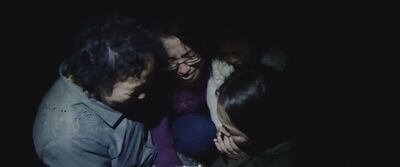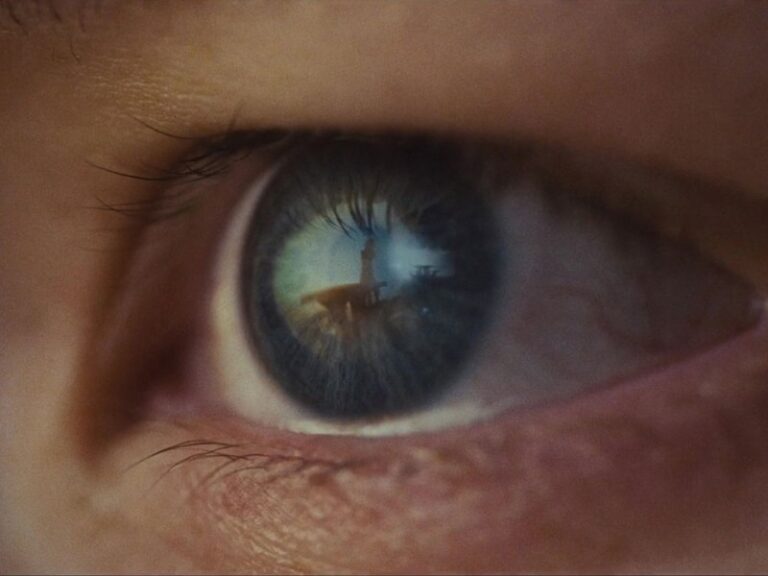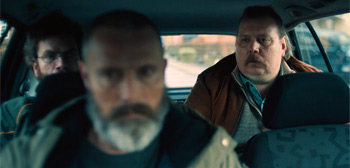Beyond Utopia

We live in a world of abundant beauty and unspeakable horror. We can perceive its myriad features to a certain extent partly because we are permitted to. One of the locales of horror on our sphere is the country of North Korea, ruled over by an authoritarian dictatorship that does not allow its citizenry access to any information or entertainment other than that which the government strictly sanctions. The situation is such that defectors from that country, upon arrival in South Korea—one of the only places in Asia that takes in such refugees—North Koreans are subjected to a lengthy round of what can only be called deprogramming. During this time, they learn, for instance, that Kim Jong Il is not a deity.
Directed by Madeleine Gavin, “Beyond Utopia” is a bracing and frequently jaw-dropping look at, first and foremost, the discontented people of North Korea who attempt defections doggedly. It’s a more difficult trip than you’d probably imagine. The demilitarized zone that separates North Korea from South is literally impassable. So, would-be defectors have to head north into China. At which point, they’re caught and sent back to their country to face torture and probably execution. Or they’re picked up by predators who sell the women into sex work. Or they’re handled by brokers who will help them negotiate a trek through central China to Thailand or another province, where they can then be transported to South Korea for a price.
A title at the movie’s opening stresses that the footage recorded by several attempted defectors, including the Ro family, whose through line is followed by the movie, is the real stuff. There are no recreations or dramatizations. Nor is that the case with archival footage of actual executions. It’s awful stuff.
Other features of the picture include interviews with Lee Heyeon-Seo, the author of The Girl with Seven Names, who now works as a human rights activist. Another story of defection follows Soyeon Lee, who is trying to help her son, who has long been stuck in the North on account of his youth and his father, get down to where she is. In this effort, she is helped by Seungeun Kim, a pastor who works with the often predatory “brokers” in the North to bring as many defectors down as he is able.
Gavin also provides a pocket history of North Korea, a vexed state if ever there was one. The movie claims that Kim Il Sung, the ostensible “founder” of the North Korean state and a favorite of Stalin, barely even spoke Korean when he began running the country. (Other accounts dispute this.) Once the USSR collapsed, economic ruin for the country was imminent. Famine and starvation ensued as further Kims pursued WMD programs to keep themselves propped up. All the time, the state’s depraved chokehold on the populace grew more deranged.
“North Korea has plagiarized the Christian Bible” to create the Kim mythos, one scholar says, rather startlingly, and she herself looks as if she can’t quite believe it. Hence, also, the Bible itself is banned. This history raises nagging questions. Does ideology mutate into pathology, or is the pathology already built into the ideology? “Beyond Utopia” is not itself quite so high-minded. Nor is Gavin’s direction and construction unusually adept. It doesn’t have to be. The evidence of the awful situation she presents is more than harrowing.
Now playing in theaters.





